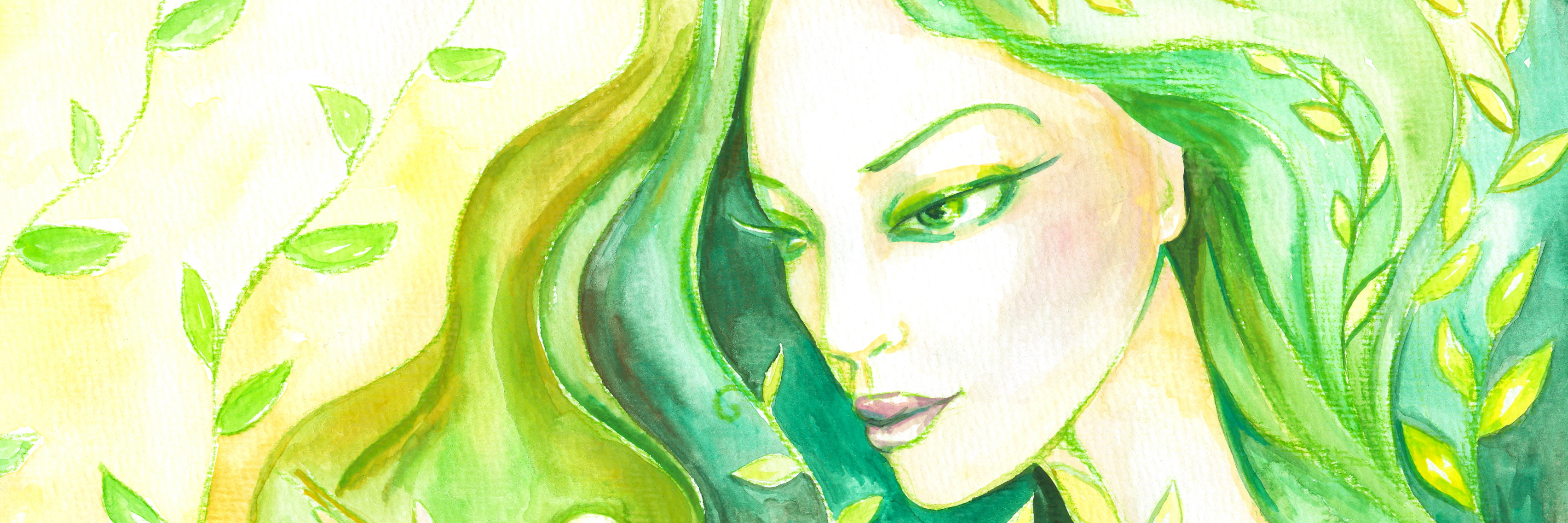I’m smiley, optimistic and happy-go-lucky; it’s the way I’ve always been. I take everything in my stride, which is not to say I don’t get knocked down. But no matter how many times or how hard I go down, I always get back up with a smile on my face.
Since being diagnosed with lupus, many people have referred to my outlook as a “good attitude.” Although it often makes me proud, it also implies that those who aren’t so positive about their situation display “bad” attitudes – and I can’t bring myself to agree.
Living with a chronic illness is an entirely different kind of beast. It’s such a cliché to say that you can’t possibly understand something until you experience it for yourself, but in the case of being chronically ill, I truly believe that. When you’re healthy, it’s easy to categorize the sick. But without knowing their struggles and what they go through on a weekly, daily or even hourly basis, you have no right to judge.
It’s easy to look at me and say I exude a positive attitude, but the truth is that what I go through every day is not nearly half as bad as what most of the lupus population may endure. While my perspective has definitely helped, the fact is I’m also undoubtedly lucky when it comes to lupus.
In my worst moments, you’ll see no ounce of positivity, no trace of a smile and little fight in me. And for some people, those types of moments don’t come only once in a blue moon, but every single day.
My choice is to remain positive, to take a new perspective each and every time lupus flips my world around, and to roll with the punches – because that works for me. But if I were debilitated by both lupus fatigue and insomnia, aching in all my joints and riddled with headaches every day, could you blame me for lacking an optimistic outlook?
For many, it’s not that they live without a “good” attitude, but that they’re just tired. Tired of fighting off an invisible monster that craves nothing more than to beat them when they’re already down. Tired of explaining, defining and trying to educate others about an illness they don’t know much about themselves. They are exhausted over feeling robbed of the moments of happiness, normalcy and ease we expect from life.
When you are a “glass half-full” person, it’s so easy to wonder why someone else only sees what they’re missing. But think about how you’d feel if something stole half of something important from you, and you were given something you’d have to live with the rest of your life.
There is no manual to being chronically ill. And when you’re affected by something even medicine can’t tell you much about, you never know what’s coming for you.
I don’t see my attitude as good or bad, it is just my personal method of coping. For me, being almost painfully positive is my way of dealing with the cold, hard fact that my body is self-destructive and there’s no way of fixing it. It’s a hard pill to swallow, but a smile from ear to ear is what has proven to work for me.
If someone else’s method is to take it on the chin without a smile, to just keep their head down while putting one foot in front of the other, there is nothing any better or worse about their way of getting by.
It shouldn’t be a comparison of one person to another, as we each have an individual path to walk and we trip over different bumps in the road. The sheer fact that we keep on keeping on in the face of adversity, regardless of the approach, is a feat in itself – and one well worth being proud of.
This post originally appeared in Kristiana Page’s column “The Girl Who Cried Wolf” on Lupus News Today.
Thinkstock photo via DeepGreen.

